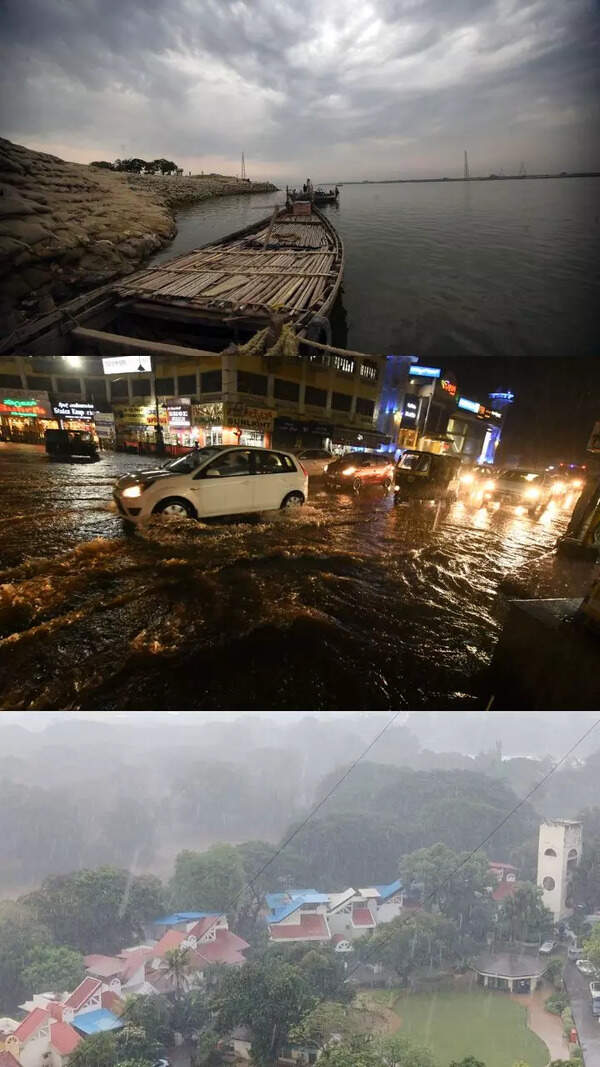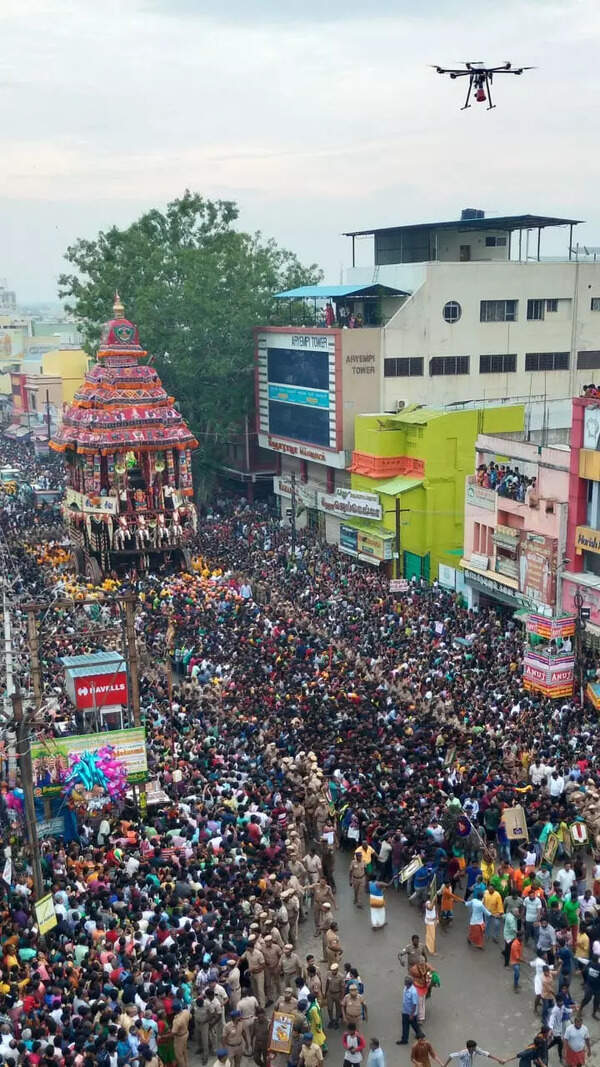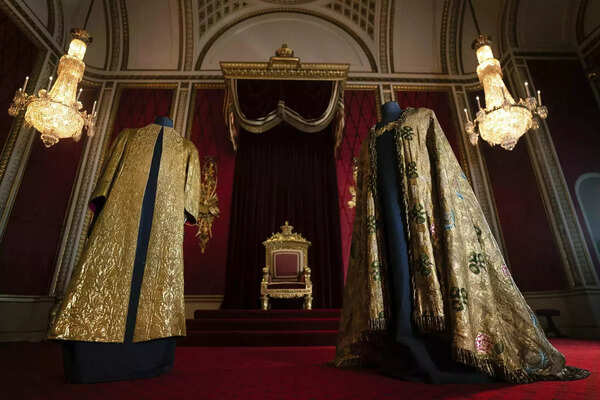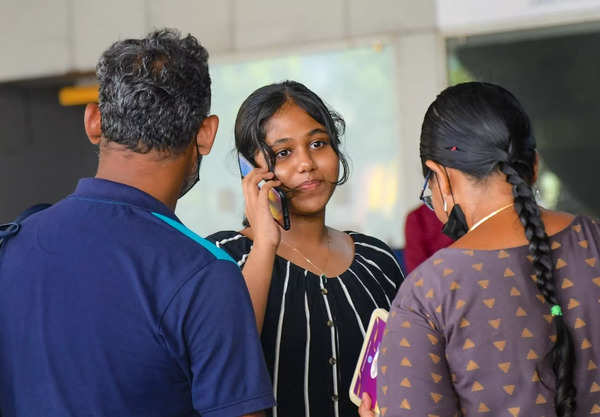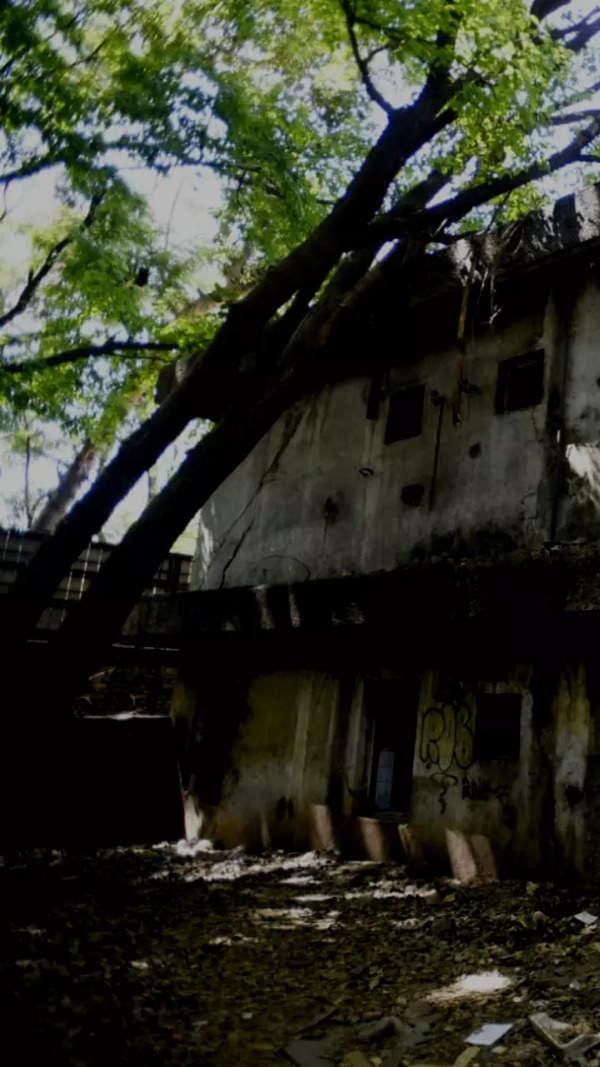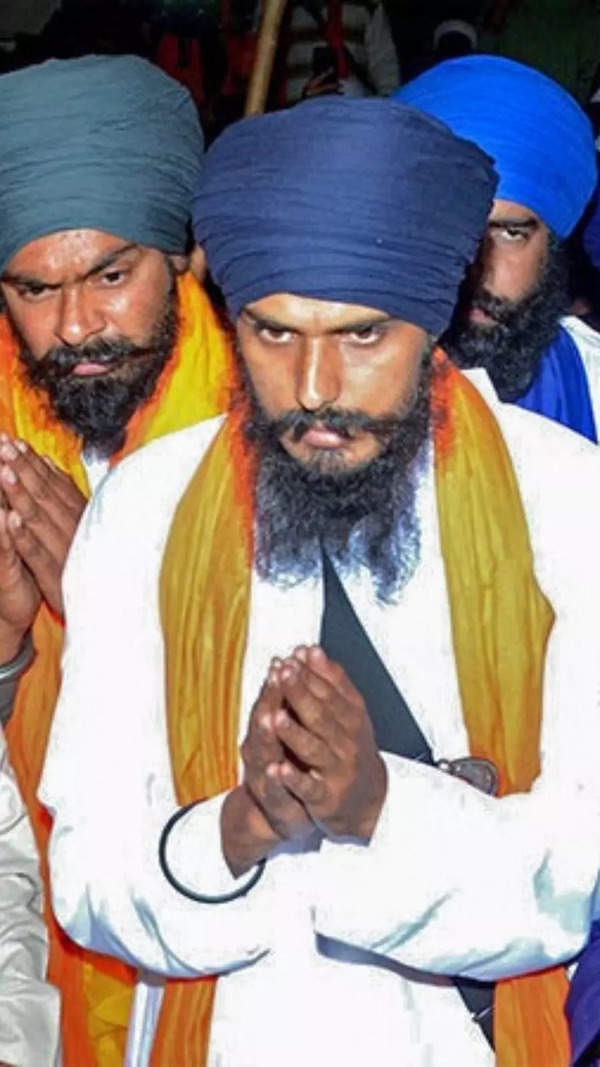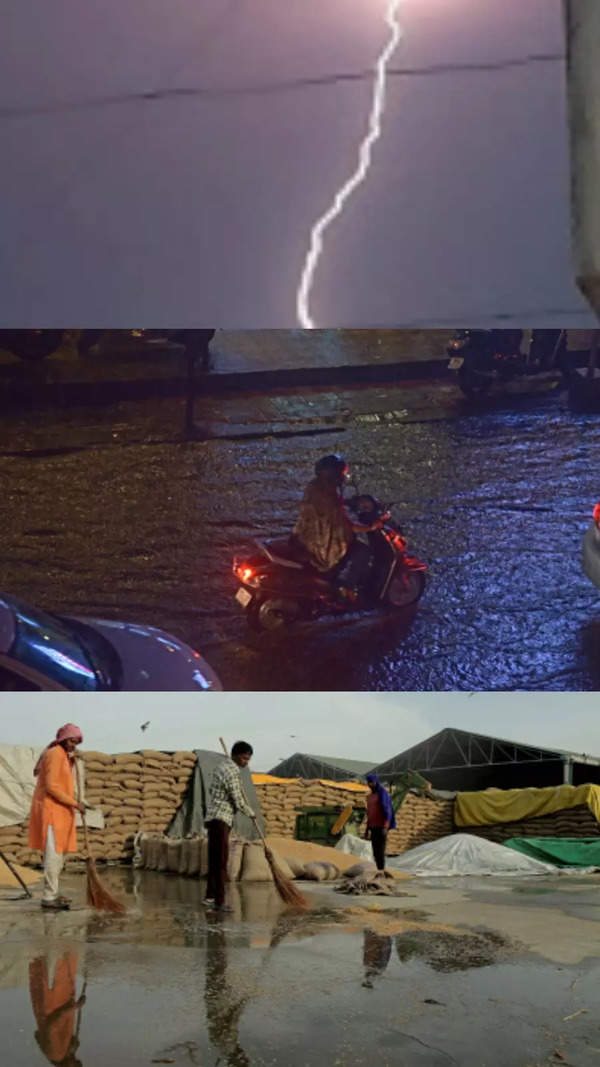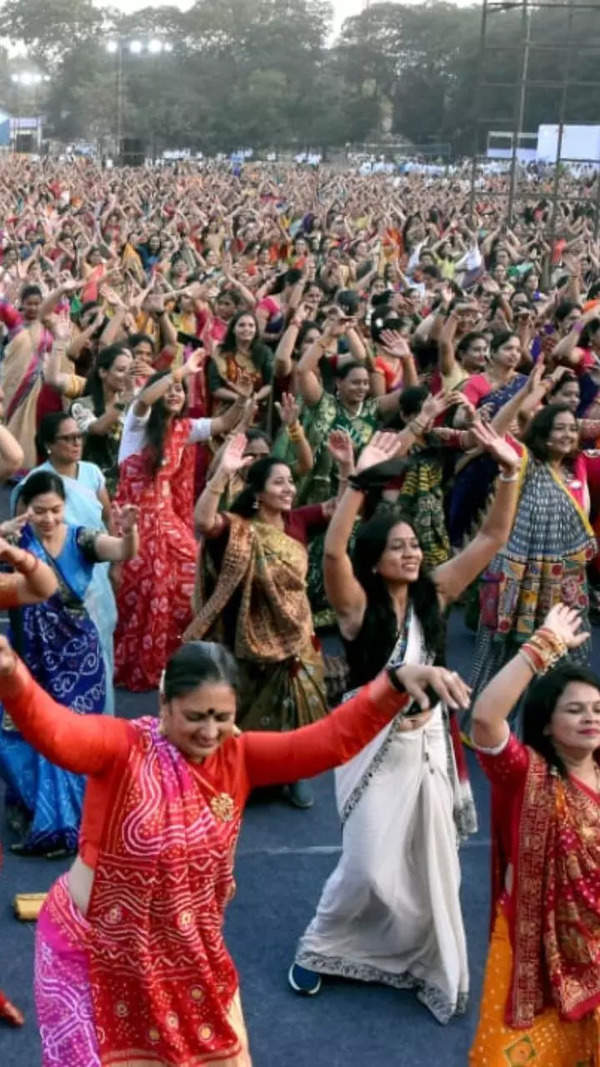- News
- City News
- ludhiana News
- A royal visit to remember: Punjab Agricultural University to dedicate corners to King Charles
Trending Topics
A royal visit to remember: Punjab Agricultural University to dedicate corners to King Charles
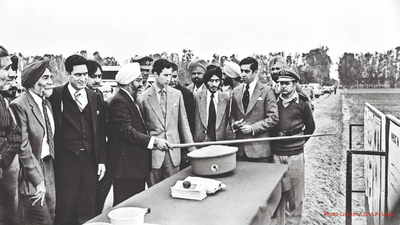
Then Prince Charles III visited the Punjab Agricultural University In 1980 and was excited about its contribution in the country’s green revolution
LUDHIANA: With King Charles III’s coronation ceremony is scheduled for May 6, the Punjab Agricultural University (PAU) has decided to set up corners dedicated to him, which will focus on his visit to the university around five decades back.
In 1980, then Prince Charles III visited the Dr Uppal Museum of Water and Power Resources of Northern India, where he was captivated by the contribution of PAU in the country’s green revolution.
The dedicated corners will be developed at various important locations of the university including communication centre, Dr Uppal Museum of Water and Power Resources of Northern India.
Talking to TOI, PAU vice-chancellor Satbir Singh Gosal said, “We will have corners dedicated to him at places which are frequented by the visitors. These corners will be adorned with pictures of his visit to PAU. By doing so, we are not only dedicating something only to the monarch, but also the entire country of England, which has shared significant technological inputs for growth of agriculture in our country. We wish to invite him again to witness a sea change.”
During his visit, Charles was keen on witnessing wheat and rice varieties developed by the university which contributed to the green revolution. Now as King Charles III prepares to ascend the throne, PAU would give recognition to the royal visitor, the VC said.
Going down the memory lane, Gosal said, “During his visit, I was pursuing PhD on plant breeding at the university. Being a third year student, I noticed how 32-year-old Charles (Then Prince of Wales) was keen to know more about the green revolution and white revolution. He was amazed to see indigenous buffaloes at PAU. There were no coloured cameras back then to capture moments in depth, but he was all praises about Punjab and PAU. Now we have the latest agricultural technology. There is so much more which we could show to him.”
Gosal, an awardee of The Royal Society London Bursary, had pursued his post doctorate at the University of Nottingham for a year.
PAU wants to strengthen the link with England, Gosal said, adding, “PAU hopes to continue collaborating with the UK in particular, to pave the way for global science partnerships in agriculture and environment. With strong partnerships, Punjab and UK can leverage their strengths to create a sustainable and productive future for agriculture. We would work on common interests like climate change, global warming, sustainable agriculture, and strengthen agriculture to achieve desired goals.”
In 1980, then Prince Charles III visited the Dr Uppal Museum of Water and Power Resources of Northern India, where he was captivated by the contribution of PAU in the country’s green revolution.
The dedicated corners will be developed at various important locations of the university including communication centre, Dr Uppal Museum of Water and Power Resources of Northern India.
Talking to TOI, PAU vice-chancellor Satbir Singh Gosal said, “We will have corners dedicated to him at places which are frequented by the visitors. These corners will be adorned with pictures of his visit to PAU. By doing so, we are not only dedicating something only to the monarch, but also the entire country of England, which has shared significant technological inputs for growth of agriculture in our country. We wish to invite him again to witness a sea change.”
During his visit, Charles was keen on witnessing wheat and rice varieties developed by the university which contributed to the green revolution. Now as King Charles III prepares to ascend the throne, PAU would give recognition to the royal visitor, the VC said.
Going down the memory lane, Gosal said, “During his visit, I was pursuing PhD on plant breeding at the university. Being a third year student, I noticed how 32-year-old Charles (Then Prince of Wales) was keen to know more about the green revolution and white revolution. He was amazed to see indigenous buffaloes at PAU. There were no coloured cameras back then to capture moments in depth, but he was all praises about Punjab and PAU. Now we have the latest agricultural technology. There is so much more which we could show to him.”
Gosal, an awardee of The Royal Society London Bursary, had pursued his post doctorate at the University of Nottingham for a year.
PAU wants to strengthen the link with England, Gosal said, adding, “PAU hopes to continue collaborating with the UK in particular, to pave the way for global science partnerships in agriculture and environment. With strong partnerships, Punjab and UK can leverage their strengths to create a sustainable and productive future for agriculture. We would work on common interests like climate change, global warming, sustainable agriculture, and strengthen agriculture to achieve desired goals.”
Start a Conversation
FOLLOW US ON SOCIAL MEDIA
FacebookTwitterInstagramKOO APPYOUTUBE

